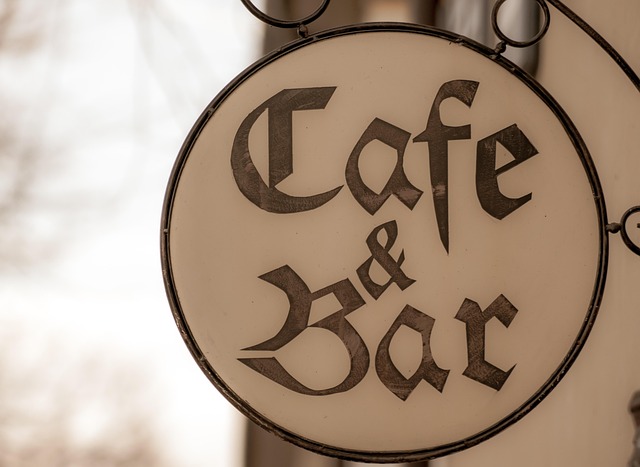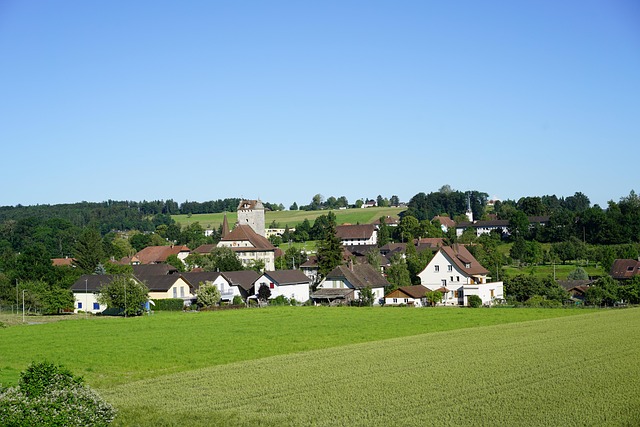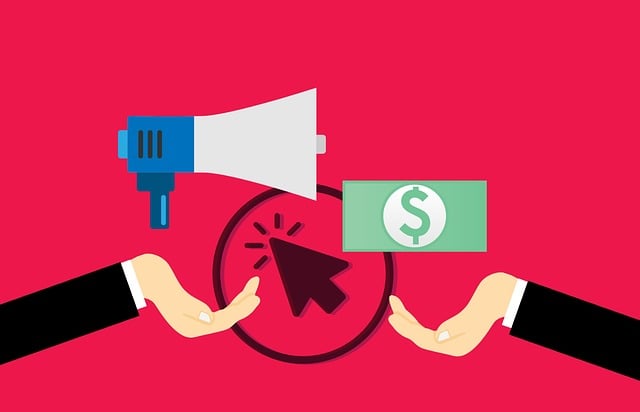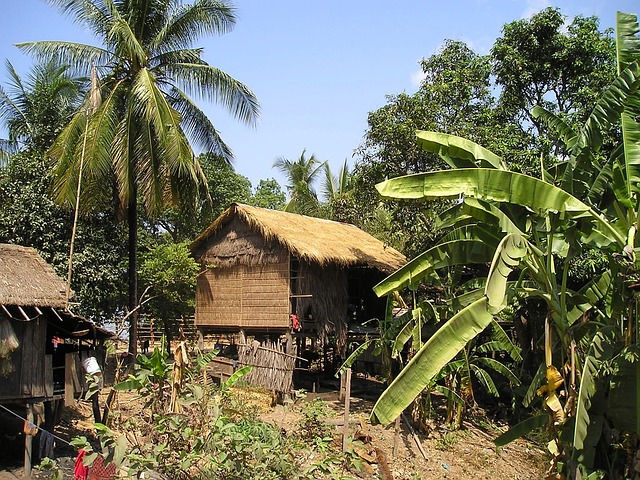Real estate success relies on building local community relationships through interactive outreach events. These workshops and demonstrations foster trust, educate residents, position agents as experts, and drive business growth. Measuring key performance indicators (KPIs) like property listings and sales rates ensures data-driven strategy adjustments, strengthening community ties and industry growth.
In today’s competitive real estate market, community outreach events are a game-changer. This article delves into the art of building relationships with local communities and organizing successful events that engage and educate residents. We explore strategies for measuring impact, helping real estate professionals evaluate their outreach program effectiveness. By fostering strong connections, these initiatives leave an indelible mark on both the community and the business, ensuring long-term success in the real estate sector.
Building Relationships: Connecting with Local Communities

Building strong relationships with local communities is an essential aspect of real estate business success. Community outreach events offer a unique opportunity to connect with residents, understand their needs and concerns, and foster a sense of belonging. By actively participating in these events, real estate professionals can establish themselves as integral parts of the neighborhoods they serve.
Through interactive activities, educational workshops, or simply engaging in casual conversations, agents can build trust and create lasting impressions. These personal interactions often lead to valuable insights into local trends, upcoming developments, and community priorities. As a result, real estate practitioners become not just property brokers but advocates for their communities, providing tailored solutions and contributing to the overall well-being of the area.
Organizing Successful Events: Engaging and Educating Residents

Engaging and educating residents is key to organizing successful community outreach events in real estate. These events offer a platform to connect directly with potential clients, building trust and fostering relationships. By offering insightful workshops or interactive demonstrations, agents can educate attendees about market trends, home buying/selling processes, and unique neighborhood features. This not only positions them as knowledgeable experts but also generates interest and inquiry from residents.
Furthermore, successful events should encourage two-way communication. Agents should be prepared to answer questions, gather feedback, and collect contact information for follow-up. Incorporating interactive elements like polls, Q&A sessions, or even virtual tours allows for a more engaging experience, leaving a lasting impression on attendees. Ultimately, these community outreach efforts can lead to increased client bases and stronger community ties for real estate professionals.
Measuring Impact: Evaluating Outreach Program Effectiveness in Real Estate
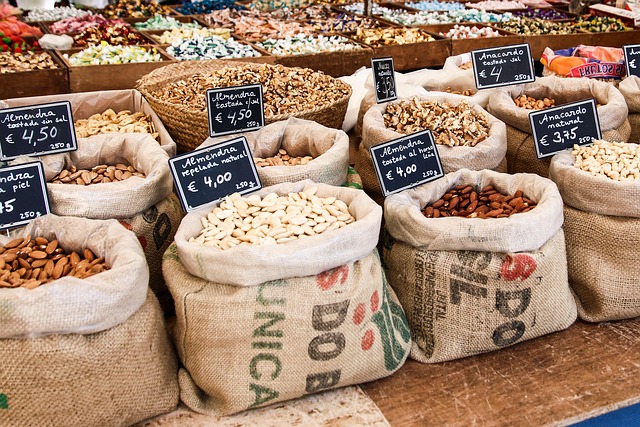
Measuring impact is a crucial aspect of any successful community outreach program, especially in the real estate industry. By evaluating the effectiveness of outreach initiatives, professionals can understand the tangible benefits and long-term effects on both the local community and their business. This process involves tracking key performance indicators (KPIs) specific to real estate, such as increased property listings from engaged residents or higher sales rates within targeted neighborhoods.
Regular assessment allows for adjustments in strategy, ensuring that outreach programs remain relevant and impactful. Real estate professionals can use feedback from the community to tailor their services better, fostering stronger connections and ultimately driving business growth. This data-driven approach not only benefits the industry but also strengthens the bond between businesses and the communities they serve.
